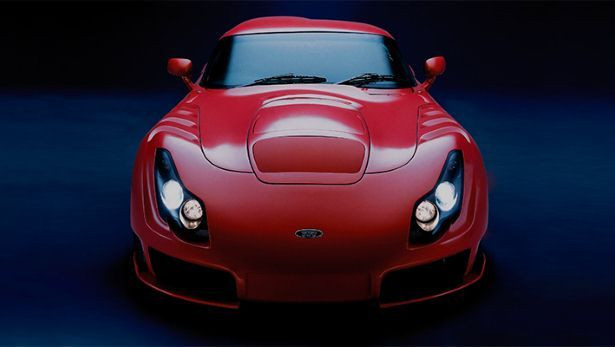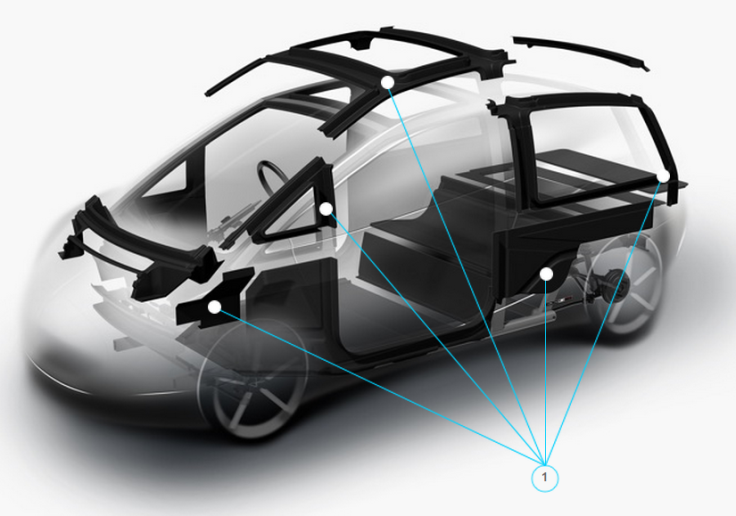British Sports Car Maker TVR Is Coming Back In 2017, And Gordon Murray Will Help Build The First Model

Legendary Formula One race car and McLaren F1 supercar designer Gordon Murray is back in the news, this time as part of a team that’s resuscitating TVR, a 68-year-old British boutique sports car maker that's been sitting idle for nearly a decade. Murray, who has been touting his unique fabrication process as a way to build small, sturdy and lightweight city cars, is on board to design and build the body of the next TVR, which is scheduled for a 2017 debut.
“TVR is an iconic brand that has been an important part of British sports car manufacturing for many decades,” Murray said in a statement Wednesday. “Its return to manufacturing is an exciting development, and the car deserves the best chassis and powertrain that can possibly be delivered.”
The move is the second attempt to revive the iconic, specialized sports car brand, but it could also lend credibility to Murray’s iStream manufacturing process, which is aimed at radically shedding weight while retaining structural integrity. Murray claims the process adopted from Formula One car production requires less startup capital than other high-tech body designs and uses less energy to produce. The process puts a lightweight outer body on top of a tubular frame reinforced with sheets of high-tech composite materials.

The next TVR, which has yet to be named, would be the first commercially available car made using this process. Earlier this year, Yamaha confirmed it would build Murray’s iStream-fabricated Motiv city car, but it’s not expected to be released until 2020.
Murray’s TVR is one of four models the Blackpool, U.K., manufacturer is planning to release over the next decade. The entire vehicle would be designed and made in Britain, with Northampton-based Cosworth supplying the high-performance engines.
Computer game entrepreneur Les Edgar and a group of investors bought TVR from Nikolai Smolensky back in 2013 after the Russian banker failed to gain traction with his Austrian-made TVR Cerbera. Smolensky had purchased TVR from longtime owner Peter Wheeler in 2004.
Wheeler, who died in 2009, famously brought TVR engine design in-house, replacing the Triumph and Ford engines that had powered previous models. He also aimed to shed TVR’s reputation as a maker of modestly priced sports cars with plastic bodies. Wheeler wanted to enter the big leagues and go after buyers of Porsches and Ferraris. But despite winning accolades for design and performance for cars like the TVR Griffith, Wheeler’s cars never gained traction the way he wanted them to.
TVR Motor Cars Ltd. was registered in 2013, sparking rumors of an impending re-entry into the British specialized sports car business. On Wednesday, those rumors were confirmed, and the company says it will release more details later this year. Autocar obtained two images of what the next TVR might look like, and it has a few more details following a recent meeting with company backers.
© Copyright IBTimes 2024. All rights reserved.





















